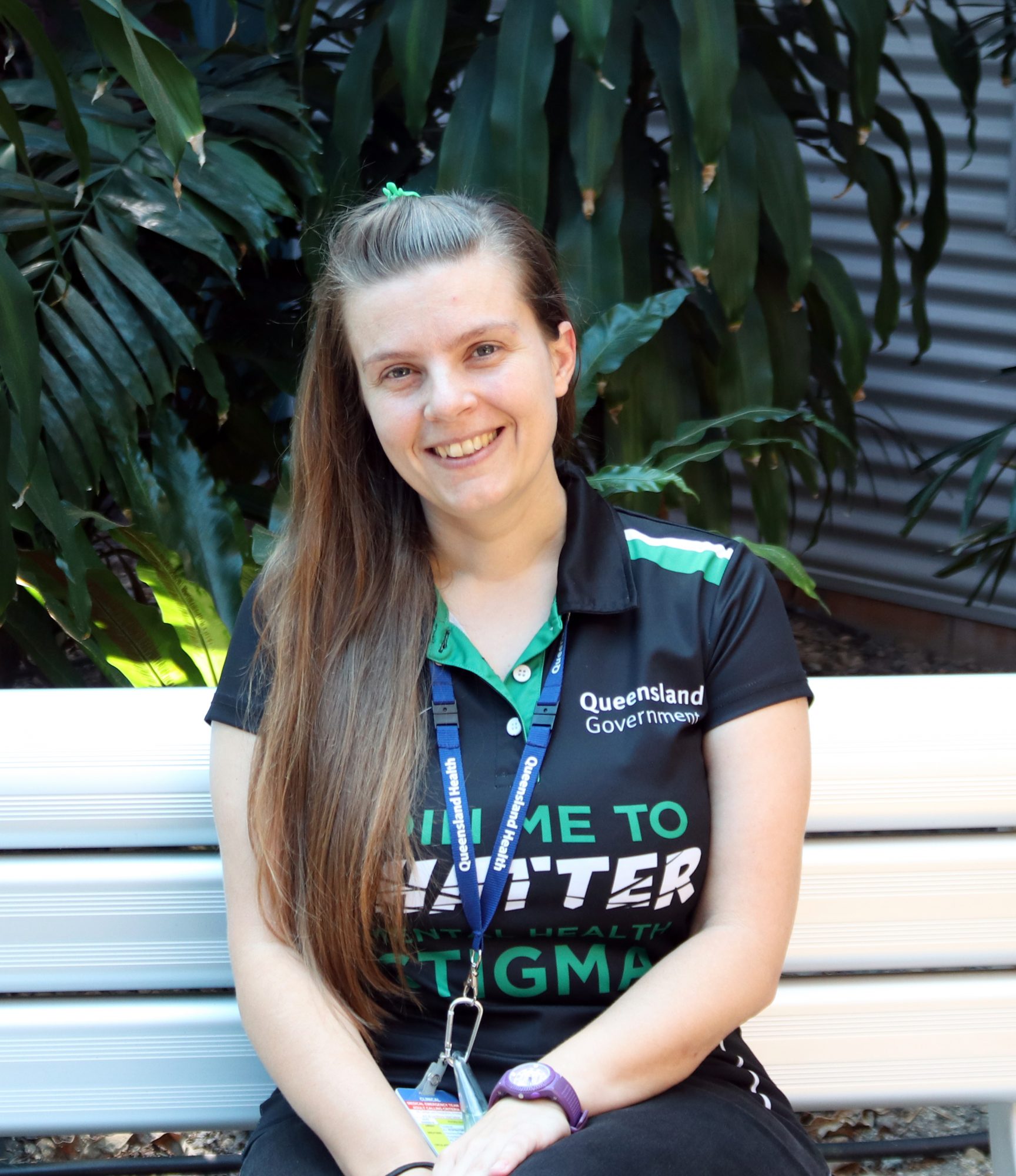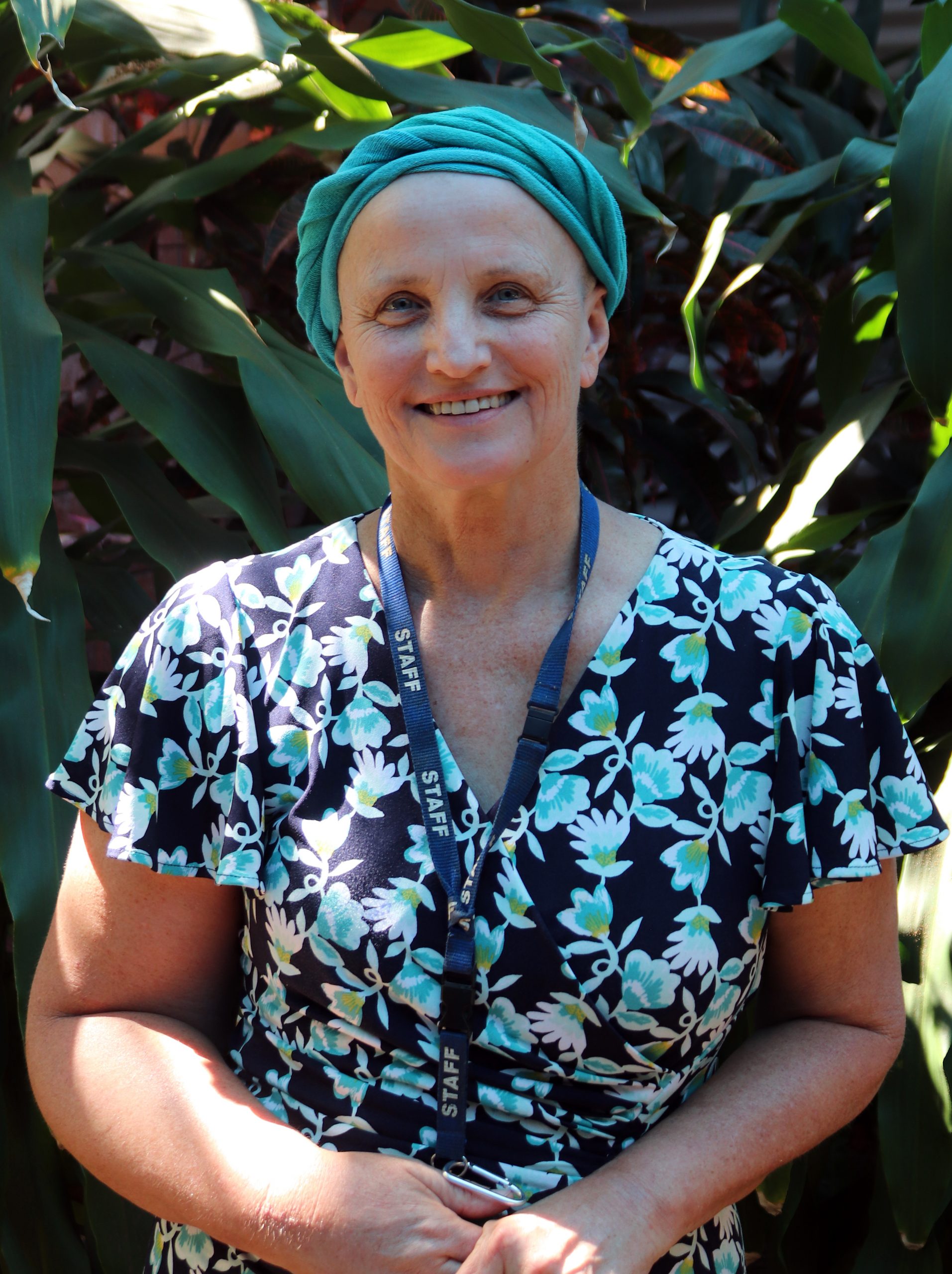Imagine having to go to the supermarket. You feel uneasy all the way to the shops and as you approach the entrance your heart starts to beat faster. Your mouth goes dry and the butterflies in your stomach begin. Your palms become sweaty; you have nausea; you feel lightheaded. Now, you are panicking.
You look around and it feels like everybody is looking at you. ‘They think I am an idiot’ you say to yourself.
You can’t breathe, you have to get out of here. You run out and get into your car and drive home.
You feel a sense of relief and your heartbeat starts to slow down. You feel safe, but yet again you have no groceries. You berate yourself and think ‘I am such a loser, what is wrong with me?’
This is life with anxiety.
A Mackay Hospital and Health Service Cognitive Behaviour Therapy group is helping people with understand their diagnosis and equip them with the tools to manage their anxious thoughts and feelings.
Cognitive Behaviour Therapy aims to help participants to identify and challenge unhelpful thoughts and learn practical self-help strategies. These strategies are designed to bring about immediate positive changes in quality of life.
Psychologist and Clinical Lead for Mental Health Dr Tonya Plumb said the group was a first for the Mackay Hospital and Health Service using previous group members as peer facilitators.
“Using peer facilitators to help the group is an exciting part of this program and has received glowing reviews from participants,” she said.
“Peer facilitators are previous participants of the group living with anxiety who are willing to share their own experiences to help others.
“As health professionals we know the theory and know what to do but having someone help facilitate the group who is living through it really shows others that they do matter and their experience matters.”

Launched in early 2018, the Cognitive Behaviour Therapy group for anxiety runs in 12- 15-week blocks depending on the group.
“The group meets once a week over a cuppa which creates a relaxed atmosphere where everybody feels they can participate,” Dr Plumb said.
“Participants learn about all anxiety disorders and how underneath all those disorders are a fear of something, but it is so disabling it interferes with other parts of their life both mentally and physically.
“They learn about Cognitive Behaviour Therapy and how to confront their feelings, manage their anxious thoughts and feelings plus relapse prevention.
“Participants are given real world skills that they can use away from the group and in their own homes.
The Cognitive Behaviour Therapy Anxiety group has proven to be very successful and the nature of a group setting provides support and helps build connections.
“The most common thing we hear in our feedback is about how hearing other people talk about their fears is such a relief they are not alone,” Dr Plumb said.
“After completing the course participants often feel confident to go on another group. We have even had a few members go onto do study giving them the confidence to do things they were afraid to do before.”
If you feel that you may be in need of mental health support and have never accessed a mental health service before, please contact your general practitioner or phone the 24/7 mental health access line 1300 MH CALL (1300 642255).
Queensland Mental Health Week (10-18 October) is an annual awareness week that aims to shine a spotlight on individual and community mental health and wellbeing.



